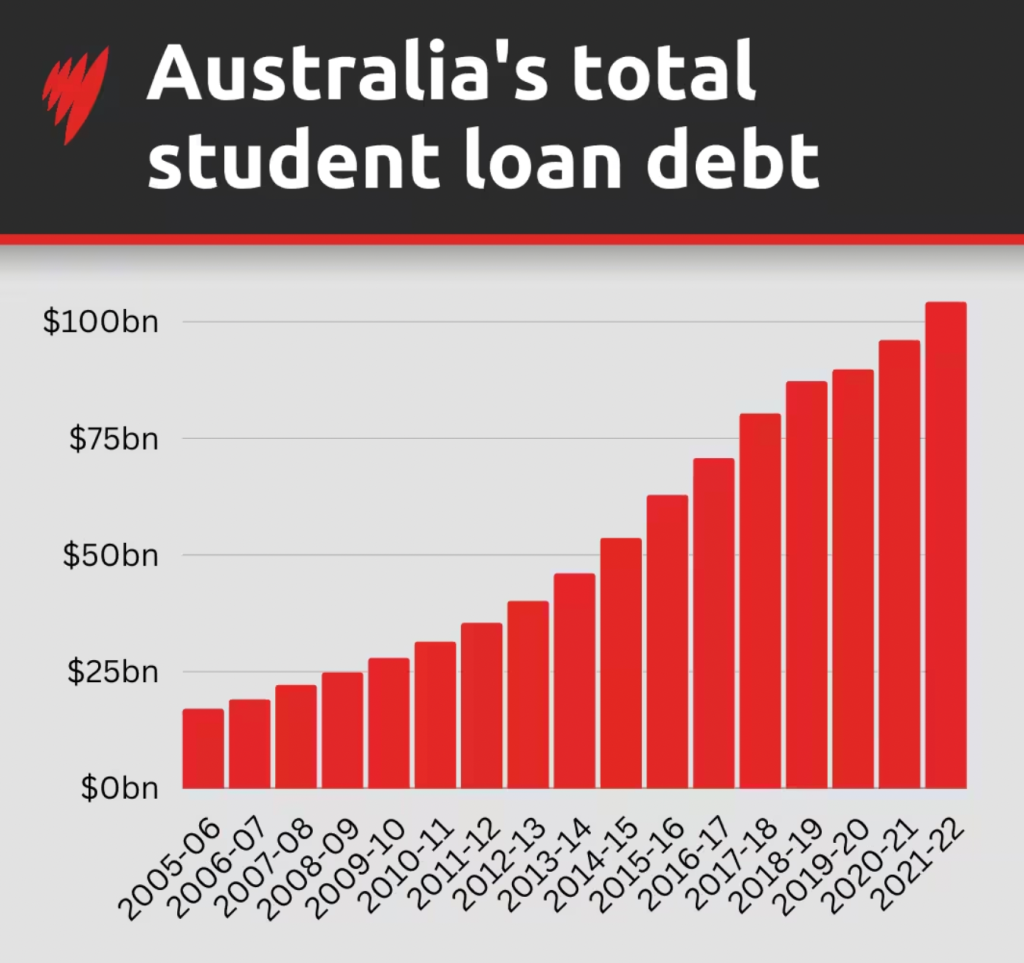
Practically everyone is getting degrees these days like they’re collectibles, but are more people being sent down the university pathway than they should be? Well, according to research by the National Centre for Student Equity in Higher Education (NCSEHE), it’s about time we started informing students of career paths other than getting a massive HECS debt.
The NCSEHE found that of the information provided to secondary students on post-high-school career paths, much of it was “significantly skewed” towards sending them to university study.
The study has called for an overhaul to how career paths are taught to students, and how advice can better be given to teenagers on making choices for their future.
Sure, it’s a bold assumption there will be any future other than climate-disaster-wasteland, but definitely still a great idea.
Professor Jane Coffey said the study highlighted how basically the best case scenario students could hope for in terms of career advice was “pretty much subject selection” that was “based on your grades, rather than your interests.”
The NCSEHE’s findings are filled to the brim with stories of high school students being pushed into subjects for Years 11 and 12 that they had no interest in, but staff at their schools thought it would be a good fit academically, and then dropping out due to having no motivation — or similar reasons.
It also found that though a school’s social economic standing did mean a difference in the quality of career advisors or volunteers, ultimately the majority of schools are pushing for students to get an ATAR or complete VET courses.
Given the number of students being directed by the sole career-advisor most schools have, the amount of work it takes for everyone to get the individual attention they need to find a pathway right for them surmounts to “an impossible task.”
According to the NCSEHE, this issue creates pain for everyone in the long term.
If too many students are directed towards tertiary study, that overloads the universities. Then if not all those students are able to find work at the end of their degrees, they must either A) find work outside of their educated field, or B) go back into higher education for another degree / Masters.
It also hurts employees, who find that the outdated traditional approach of learning everything at university means the workforce lacks the value found in having a diversity of experiences.
And if that’s not enough, at the end of the day, it all costs everyone a whole lotta dollars.
Currently it is estimated that Australia’s total student loan debt is over $100 billion. I would know, I’m probably about half of it. Sorry everyone.

The NCSEHE believes that if all these issues are to be resolved, we need to start informing students of other pathways, and better equipping career advisors at high schools. This has been acknowledged by the federal government.



